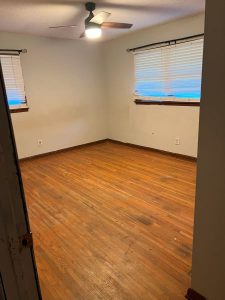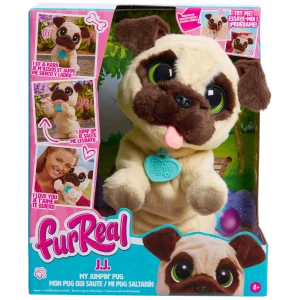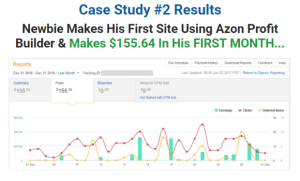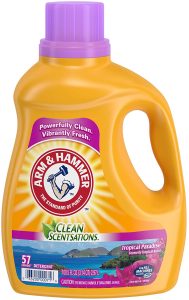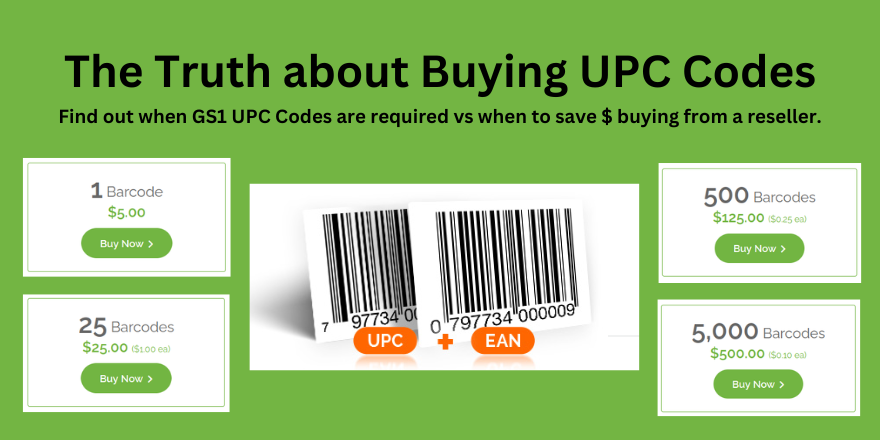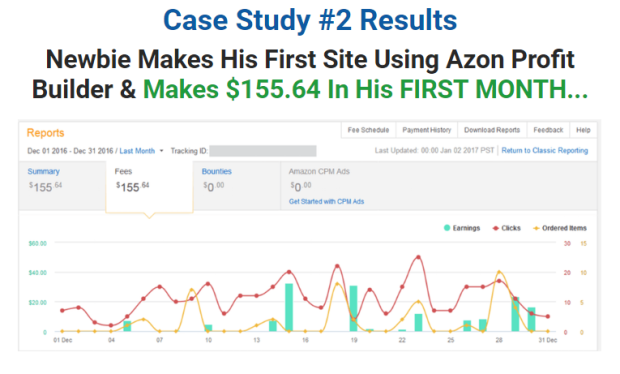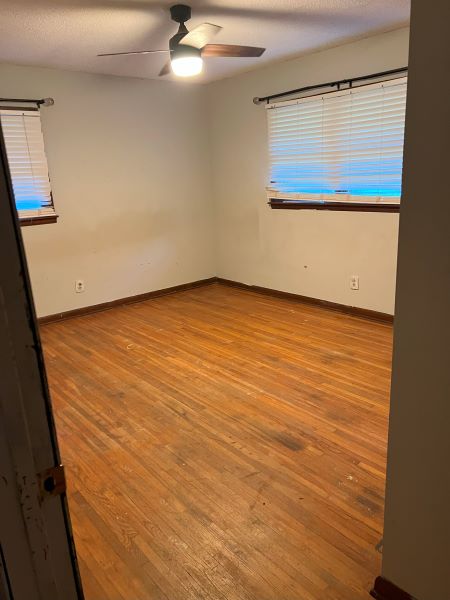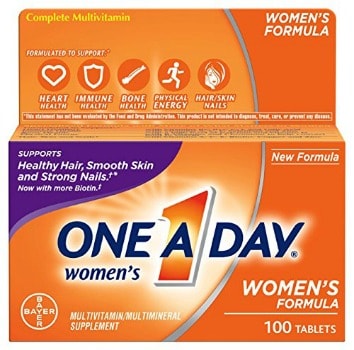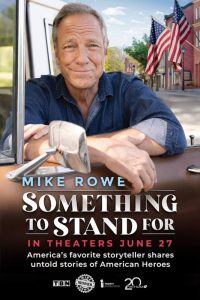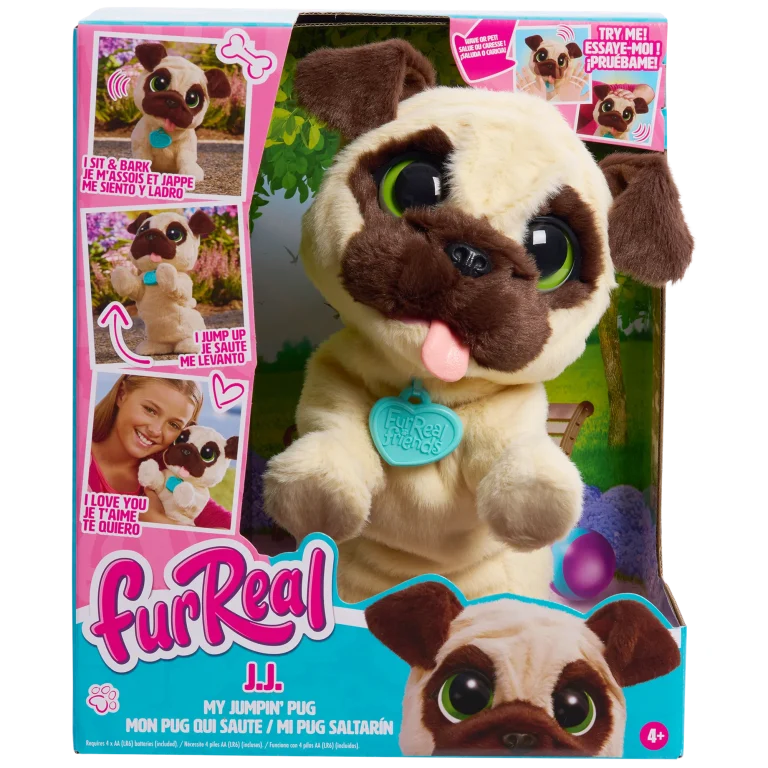If you sell products – this post is important to you.
Most physical stores and many online stores, and specifically Amazon, require UPC codes for products listed for sale. You must avoid scam sellers and fakes!
This post is about how to buy UPC Codes without overspending or creating issues by buying from the wrong source.
WARNING: Many resellers of UPC codes are falsely claiming that their codes are GS1 when they are not.
If you are introducing new products to the market, you are eventually going to need to buy a UPC code for each item if you want to sell at Amazon, on Shopping Comparison sites or in stores.
Amazon does cross checking of UPC codes against the GS1 database, but only for Brand Registered Sellers. Unfortunately, Amazon does enforce their UPC Policy if you registered for their Brand Program.
This means any seller registered with Amazon’s Brand Program, without a barcode Prefix directly rented from GS1 will not be able to list their products.
So, essentially, Amazon is forcing you as a seller to pay for expensive UPC codes from GS1 and pay annual fees for the lifetime of your company and product.
Fortunately, if you have not registered for Amazon’s Brand Program (which is the most common case for Amazon Sellers), you will be able to use Barcodes from resellers without issue and save money at the same time.
Renting UPC Codes Instead of Buying
You can now rent UPC codes to use with vendors who do not require you to use only USG1 codes.
Watch this video for details and to better understand the pros and cons of renting vs buying.
Buying UPC Codes from GS1
Using GS1 – US is the only way to have the UPC number registered directly to you in their GEPIR system. The GEPIR system was replaced by Verified by GS1 as of 12/28/23.
This system is only required by specific retailers and under specific circumstances.
For the majority, this may not be needed and you could save money buying from a reseller.
Here’s a list that we know so far:
| GS1 Rental Required: | May require |
|
|
The Official GS1US site makes this claim that is no longer true:
“There’s only one U.P.C. barcode that’s accepted by retailers everywhere. And it’s only available from GS1 US.”
All sites besides GS1US.org are resellers and the numbers they sell you are registered to the original prefix owners prior to 2002.
Resellers exist due to GS1/UCC’s class action lawsuit and their settlement in 2002. More on this here: (GS1/UCC Settlement).
Their UPC numbers originate from GS1-US (Previously UCC “Uniform Code Council”) before 2002, this is how they can legally sell them.
Buying UPC Codes from a Reseller
When sourcing a UPC Reseller to buy from, there are certain things to be on the lookout for to make sure you are getting a legitimate product.
Not every reseller out there is legitimate. Some sell fake/made up numbers that could end up being a costly mistake down the line.
We recommend Bar Codes Talk as they seem the most legitimate and offer both a 115{e6a1e97ec1a15155ca0ed8c3e87721e561c99ed6e52274045963a20278fc2089} Lowest Price Guarantee and Works for Amazon Guarantee. They also provide immediate digital delivery of barcodes.
Here are some tips when buying from a reseller. A reseller:
- Must be selling barcodes that come from a prefix obtained from the UCC (Now known as GS1-US) prior to the 2002 UCC Class Action Lawsuit.
- Selling UPC/EANs at “Too good to be true” prices, much less than most other resellers, is selling fakes!
- Should not have been in trouble with state or federal licensing, regulatory, and or law enforcement for any reason, most especially not selling illegitimate barcode numbers, or price-fixing. Example: Federal Trade Commission – Two Barcode Resellers Settle FTC Charges
- Is a government registered verifiable business (No fly by night companies).
- Must have a phone number, address, and email contact information.
- Has a website and is not selling only on eBay or any other “auction” website.
Once you purchase from a reseller, you should receive a list of the UPC Numbers that have been assigned to you.
Registering the numbers to your products is easy (see video below):
And then you will just need to provide these barcodes to whichever store you are working with or enter them in the UPC text box on Amazon when adding a new product.
Unique Products
If you sell handmade goods or collectibles that do not have UPCs and are unique (one of a kind) follow this UPC advice from SingleFeed:
“Do your best to include these unique identifiers in your product feed, but do not make these numbers up. If you’re selling handmade goods, you will not have MPNs or UPCs. That’s actually ok. If you’re buying your inventory from a distributor/supplier and that product has a real manufacturer, though, you can get MPNs and UPCs. It’s going to take work as not all distributors/suppliers are used to giving out this information, but you have to keep on them to do so.”
This UPC issue is going to affect resellers and merchants on a growing number of channels including Amazon and Google.
Resources:
NOTE: Content originally written by Gail Gardner and published 5/13/10. Updated 6/11/20 with current information and to add video. Updated for accuracy and published with new date 11/10/22. Updated again 6/28/24 to update that GEPIR has been replaced by Verified by GS1 and correct the link + add another video. This post may contain affiliate links and if you purchase through one of them I may receive a small commission which does not affect the price you pay.
